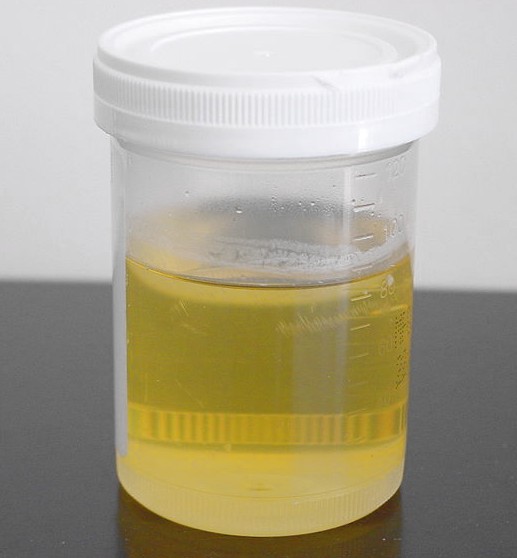The color of urine can change time in time due to a number of reasons some of which may not be a cause for alarm. In others, the color change may indicate some underlying health issue. Normal urine appears clear with a straw yellow color. If your urine does not have that characteristically clear appearance, if may often be referred to as being turbid, foamy or cloudy urine.
Foamy or cloudy urine may occur occasionally from mild dehydration; if it arises without symptoms and goes away within a short time. This may not be of major concern because it is expected to happen. Nonetheless, some conditions could cause the urine to have excess protein or some crystalline substances, which make it to appear foamy or cloudy for an extended period of time.
What does turbid urine mean?
If you are releasing urine that looks milky or cloudy, there may be nothing to worry about. However, you should continue to examine and see if that cloudy appearance dissipates or goes away. Should it persist for long and it is accompanied by some other symptoms, then it could be an indicator of some serious illness. Understand that cloudy urine is not an illness by itself but just a sign. You might want to see a doctor is you think that the cloudy urine could be occurring due to an underlying condition.
What are the possible causes of turbid urine?
There are different things that can cause urine to appear foamy or cloudy. Food can make the color of urine to change but in most cases, food is not the cause of cloudy urine. Presence of blood in urine, especially when the blood is regarded as microscopic or in little amount; it may not show dark red or bright red color but instead, it may show a cloudy color appearance.
In addition to that, the microscopic blood present in urine may actually appear cloudy brown or slightly cloudy red. Another possible cause for turbid urine is urinary tract infection. If you have UTI, it may make urine to look foamy. In most cases, though not always, urinary tract infection is accompanied by painful or burning urine.
A bladder infection or urinary tract infection known as cystitis can cause this change in color of urine. When there is an inflammation of bladder, it may cause a condition known as cystitis. The infection may be accompanied by difficult in urinating, pain when passing urine, and frequent urination. You need to see a doctor immediately if you are having cloudy urine with painful urination or related symptoms.
People who have kidney stones may release cloudy urine. This occurs if there is presence of pus being passes with urine. That pus gives that milky appearance. It is mostly likely that if you have kidney stones, you will see a doctor quickly especially because of the pain that accompanies cloudy urine. But you may also see the doctor in case you see the urine turning cloudy for a prolonged period, even if there is not much pain, so that you get medically evaluated.
Some people describe the passing of kidney stone as their worst pain they have ever had. Some kidney stones can be large with jagged edges and as they pass, they can tear against your ureter. At times, they can get stuck and block the urinary tract. The tearing of the ureter can bring in an infection, which may cause pus to form.
The pus may pass with urine giving it that cloudy look. When you have gonorrhea, you may show cloudy urine and this is caused by vaginal discharge. In women who have vaginitis for example, yeast vaginitis, or STDs such as gonorrhea, the discharge in vagina, when present; may at times make the urine to appear murky.

Foamy urine accompanied by pain
Having cloudy urine along with pain could be a sign of urinary tract infection. It may also be a sign of kidney stones. However, UTI pain is somehow different from the pain you experience from kidney stones. With the urinary tract pain, it is mostly present in time of urination and it occurs when you pee. When you finish peeing, the pain disappears.
Sometimes, the painful foamy urine occurring due to UTI may also have a foul or stinking odor. On the other hand, kidney stone pain is very discomforting. The pain from kidney stones can mimic that caused by UTI in that it may occur when urinating. This is because the stone’s jagged edges rub against the urethra. This pain however, will continue to hurt even after you have finished urinating.
In most of the cases, the pain caused by kidney stones will persist until the stone passes. Cloudy urine arising from kidney stones may show visible blood, though; it may not have a strong smelly odor. If you are noticing foamy urine with smelly urine, chances are that you have a urinary tract infection and need medical checkup.